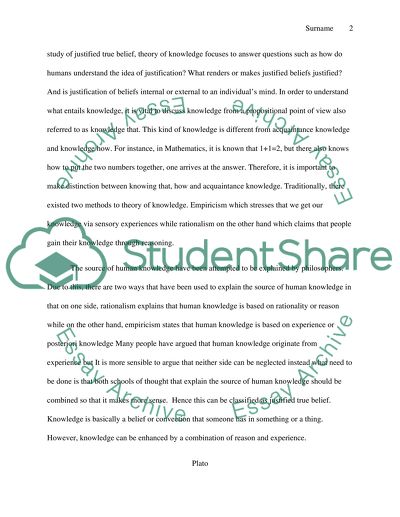Cite this document
(“Theory of knowledge Essay Example | Topics and Well Written Essays - 4000 words”, n.d.)
Retrieved from https://studentshare.org/philosophy/1398341-theory-of-knowledge
Retrieved from https://studentshare.org/philosophy/1398341-theory-of-knowledge
(Theory of Knowledge Essay Example | Topics and Well Written Essays - 4000 Words)
https://studentshare.org/philosophy/1398341-theory-of-knowledge.
https://studentshare.org/philosophy/1398341-theory-of-knowledge.
“Theory of Knowledge Essay Example | Topics and Well Written Essays - 4000 Words”, n.d. https://studentshare.org/philosophy/1398341-theory-of-knowledge.


